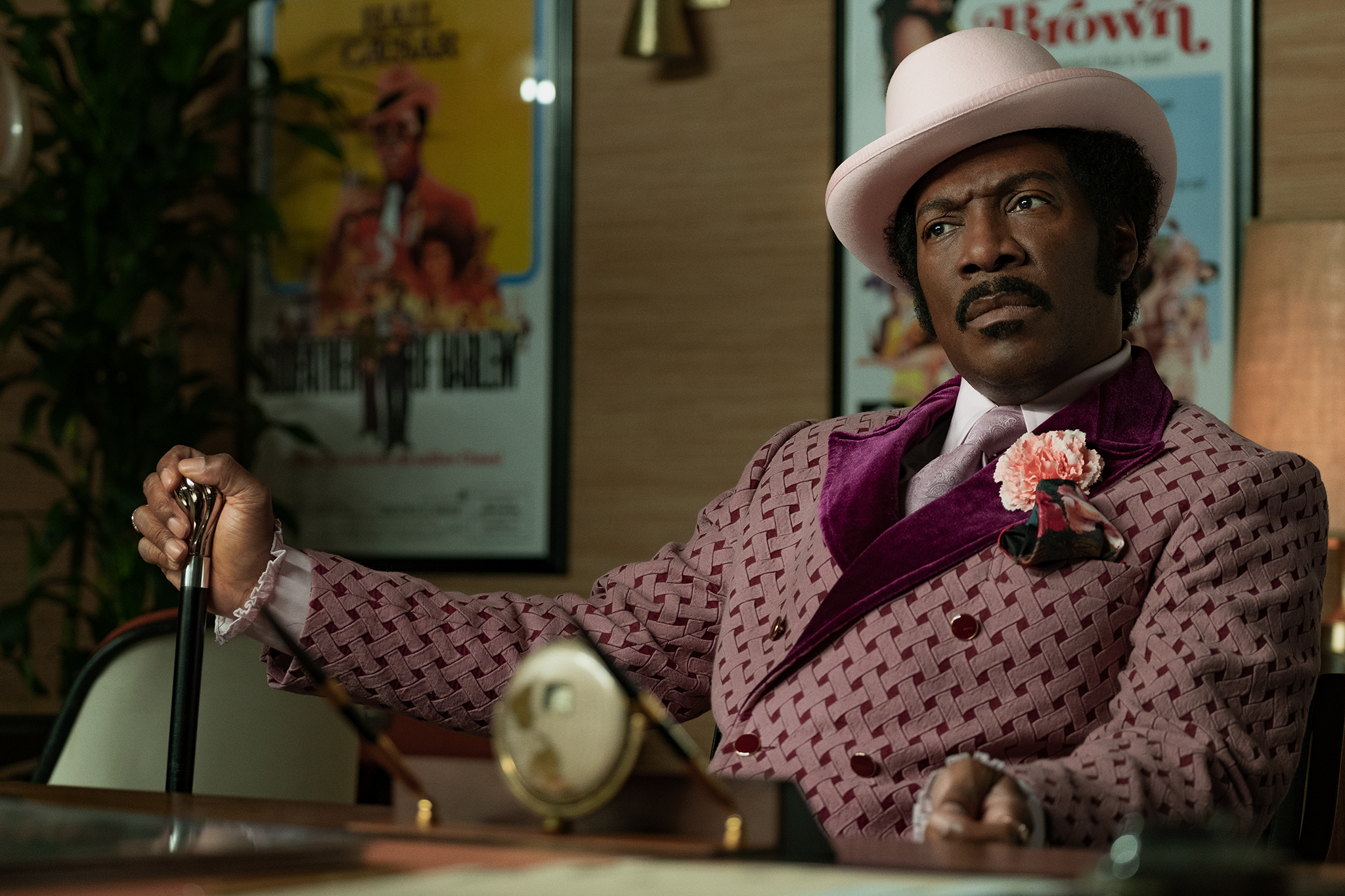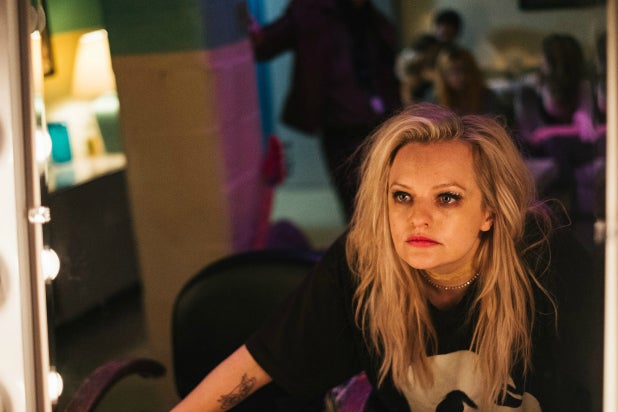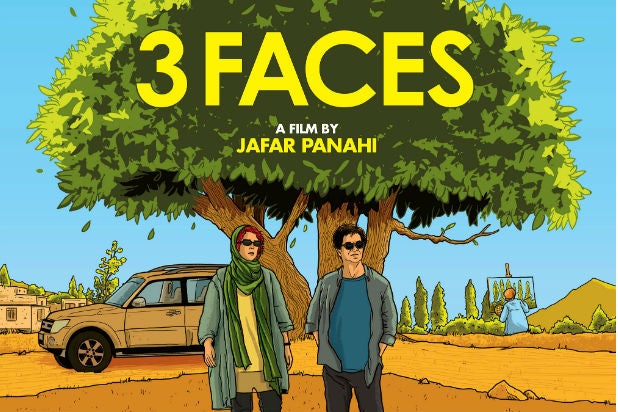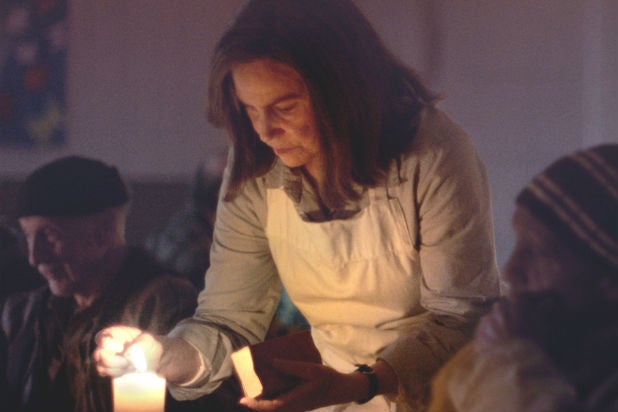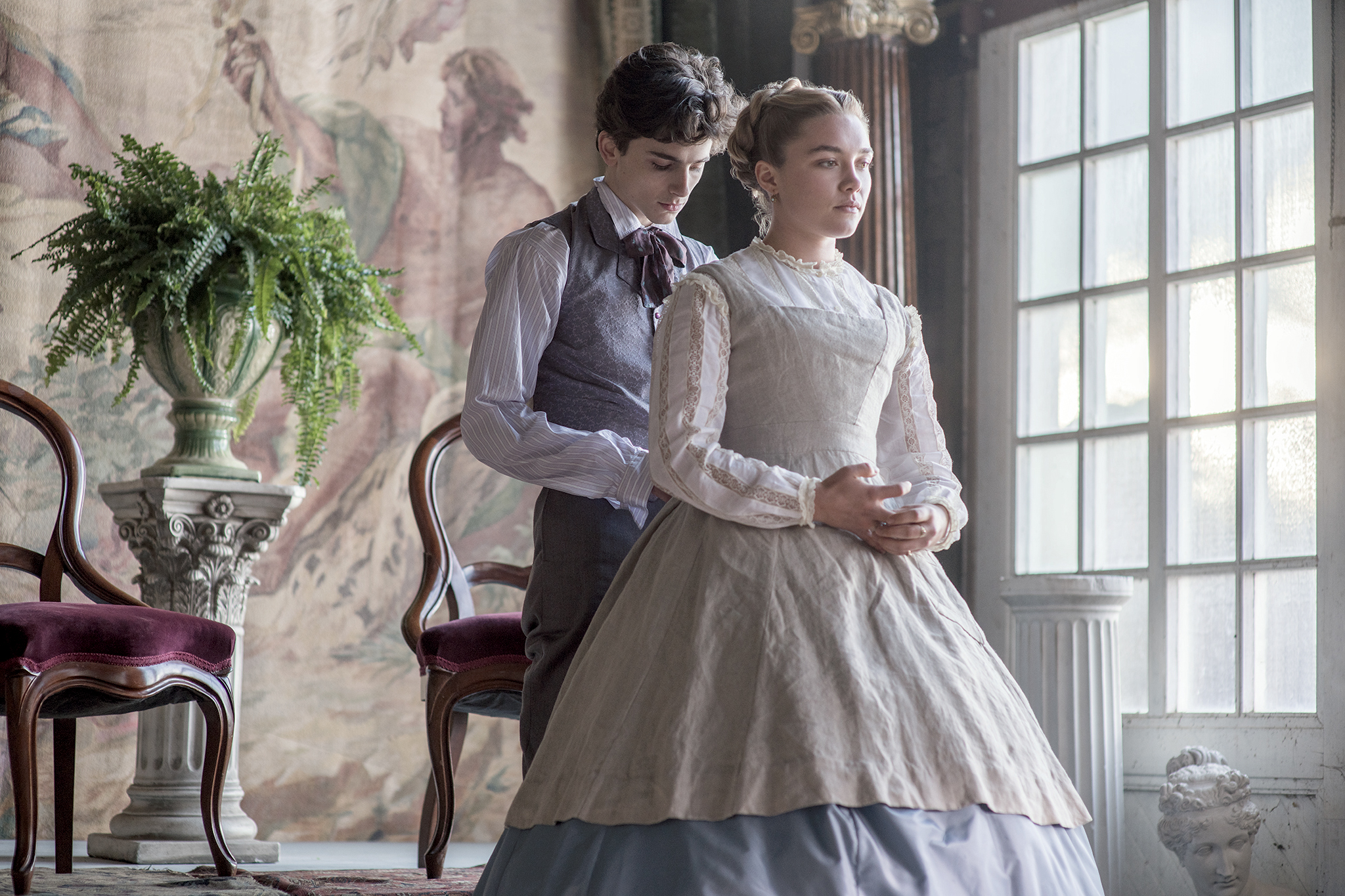‘Star Wars’ Writer Chris Terrio Says ‘The Rise of Skywalker’ Doesn’t Undo ‘The Last Jedi’ – TheWrap
(This post contains spoilers for “Star Wars: The Rise of Skywalker”)
Chris Terrio, the screenwriter for J.J. Abrams’ “Star Wars: The Rise of Skywalker,” disagrees with critics and fans who have argued that the finale to the Skywalker saga undoes much of what was established in Rian Johnson’s “The Last Jedi.”
“I think they’re missing the point, which is that they’re in dialogue with ‘Episode VIII,’” Terrio told TheWrap ahead of the film’s release. “It’s not that it’s a meta-story or a rivalry between Rian and J.J. Rather, it’s about taking the ideas that came from ‘VIII’ and trying to complicate them and develop them and to have some new surprises.”
Also Read: JJ Abrams Says ‘Star Wars: The Rise of Skywalker’ Critics Are ‘Right’ – But So Are the Ones Who Loved It
The first thing Terrio clarified is that even though Colin Trevorrow is still given a story credit on “The Rise of Skywalker” despite leaving the project, he and Abrams “started from scratch” on the film and worked “from a blank page.”
“We are both a little superstitious about starting with material that might lead us in a direction that’s different than the one we might’ve gone in naturally. So we didn’t begin with the previous script,” he said. “There may have been certain elements that we used that had been in the original script and we weren’t aware of it. The Guild makes the determination about those things. We didn’t have a bad relationship to Colin’s material. We just didn’t start with it. It’s not a juicy story of intrigue or anything.”
Terrio’s challenge on “The Rise of Skywalker” was to complete Leia’s story without the aid of Carrie Fisher, who died in December 2016. He explained more about that process here. Terrio and Abrams wanted to fulfill the promise from the original trilogy that “there is another” and show that Leia is as strong with the Force as Luke. The difference is that Leia chose another life rather than become a Jedi, and she looked to Rey to finish her Jedi training for her.
Also Read: ‘Star Wars: Rise of Skywalker’ Grosses $32 Million, Second Highest Total Ever on Christmas Day
Of course, we learned that Luke and Leia both knew all along that Rey is Emperor Palpatine’s granddaughter. This rankled many critics who were frustrated at one of the previous movie’s biggest twists where Kylo Ren told Rey that her parents were no one of significance. Terrio argues that this reveal is in dialogue with “The Last Jedi” rather than just a ret-con of it. Rey got what appeared to be the most troubling news imaginable in “The Last Jedi,” but “The Rise of Skywalker” makes her outlook even worse.
“When Rey learns that Leia always knew, that she was the grandchild of her greatest enemy, a Palpatine, she trained Rey anyway, because she understood that blood is not destiny,” Terrio said. “That moved us a lot, that a child of Palpatine should be the apprentice of two Skywalkers, and Rey, who is really royalty of the Dark Side, should be the one, raised as an orphan, a beggar, a scavenger, literally living in the ruins of the war that her ancestors created. That there’s this idea the royalty of the Dark Side was put in a basket and floated down the river, to then grow up in the most improbable of circumstances and then finally to be offered the throne, felt extremely strong to us.”
Terrio added that anyone who thinks he and Abrams ignored the direction of “The Last Jedi” or countered it rather than developed and deepened it, as TheWrap’s own critics have suggested, are “not understanding how writers think.”
Also Read: ‘Star Wars: The Rise of Skywalker’: Lesbian Kiss Cut From Singapore Release
“We thought that was a more dramatically interesting predicament for ‘Episode IX,’ not only that everything is resolved and that Rey is at peace with her past, but that she has even worse information than ‘Episode VIII,’ Terrio said. So I think it’s a development of dramatic ideas, and it’s not a rejection. And I think that when critics try to act as though our film is some sort of spat between two directors, they’re not understanding how writers think.”
For one, it’s been pointed out that Kylo Ren suddenly has his old helmet back after abandoning it in the last film. Terrio rejected the idea that he and Abrams were “backtracking” to “The Force Awakens,” arguing that the new veiny, red cracks in his helmet are a continuation on a metaphor, that Kylo’s literally a broken person wearing a broken mask.
Other defenders of “The Last Jedi” admired that Johnson’s story did away with a problematic trope in “Star Wars” films, that only those with royal bloodlines can be gifted with the Force. Terrio didn’t want to betray that notion either, and making Rey come from royal blood was meant to resolve the generational war between the Skywalkers and Palpatines that dates back even to the prequels. For instance, Terrio said the movie strongly implies Finn and others in the galaxy still have Force strength as well and by giving Rey a more mythic backstory “doesn’t detract at all from the democratization of the Force.”
And what about Kylo’s line “let the past die,” another “Last Jedi” moment critics have argued “The Rise of Skywalker” has undone?
Also Read: ‘Star Wars’: Slain UNCC Student Who Tackled Campus Gunman Immortalized as Jedi Master
“Kylo says ‘Kill the past,’ but remember, it’s the bad guy that’s articulating that. ‘Kill the past’ is not the voice of the film. That is what any number of dictators would say. I feel that although Kylo Ren is always saying “Kill the past,” that is his blind spot. He doesn’t want to face the past. he doesn’t want to face what he’s done. He doesn’t want to betray the legacy that he’s come from in joining the Dark Side,” he said. “I even think Rian would probably take issue with the idea that ‘Kill the past’ is the voice of the director. I think you don’t write characters that way, or write characters in a meta-conversation with another film.”
Terrio knew about the polarized fan reaction to “The Last Jedi” and that anything they did would be cause for outrage and debate. But above all, he and Abrams are fans too.
“Just as anyone would have an argument as they’re leaving in the car about what should’ve happened, what they liked, what they didn’t like, of course, the creators of the next film have those same arguments about what they thought were the strongest things, what they thought was promise unfulfilled, what they thought was a good dangling plot thread that could be picked up,” Terrio said. “Of course we hear the reaction of fans, but the objective of this movie wasn’t to amalgamate all the fan opinions and then take a vote on what should happen. It was to go in a direction that J.J. thought could come to a really surprising and satisfying ending.”
10 Best Films of 2019, From ‘Parasite’ to ‘The Irishman’ (Photos)
-

Between the internet and impeachment hearings, there were certainly plenty of reasons to stay home in 2019, but those who ventured out to movie theaters (and enough people are still doing that to keep the industry alive, if somewhat besieged) were rewarded with a fascinating array of work, even if some of those films were produced by and destined for one streaming service or another. And while #FilmTwitter might have argued over the effects of Netflix on the filmgoing experience, several observers noted that the back-and-forth discussions about “The Irishman” and “Marriage Story” meant that the service was doing a lot to put adult-aimed dramas in front of viewers and into the public discourse. (The taking of sides in the Martin Scorsese vs. Marvel conflict, alas, continues with no end in sight.)
-
![Dolemite Is My Name Dolemite Is My Name]()
11-20 (alphabetically): “Charlie Says,” “Dolemite Is My Name,” “The Farewell,” “Fast Color,” “Long Shot,” “The Nightingale,” “Non-Fiction,” “Portrait of a Lady on Fire,” “We Have Always Lived in the Castle,” “Wild Nights with Emily”
-
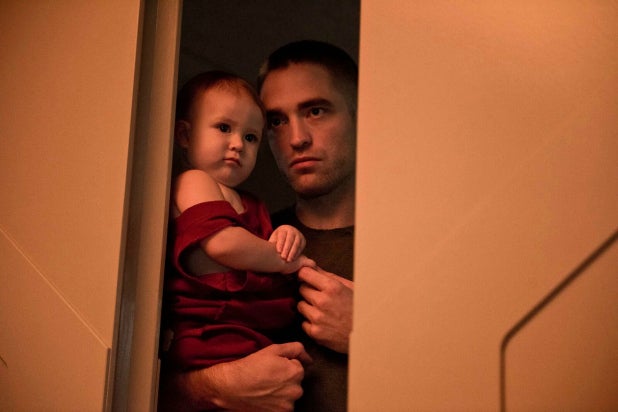
10. “High Life”
Director Claire Denis’ bleak vision of the future posits that mankind’s journey into outer space will be little more than an extension of the prison-industrial complex, with society’s “undesirables” shot out into the deep recesses of the universe where they can more easily be forgotten and neglected. It’s a dismal prospect that she nonetheless turns into captivating cinema.
-
![Her Smell Her Smell]()
9. “Her Smell”
Elisabeth Moss devours the screen as a bad-girl rocker whose eventual implosion doesn’t rule out the possibility of redemption. Teaming once again with writer-director Alex Ross Perry, they create a lived-in vision of the ups and downs of stardom, with a low-key buzz of optimism that’s been missing from Perry’s brilliant and blistering previous films.
-
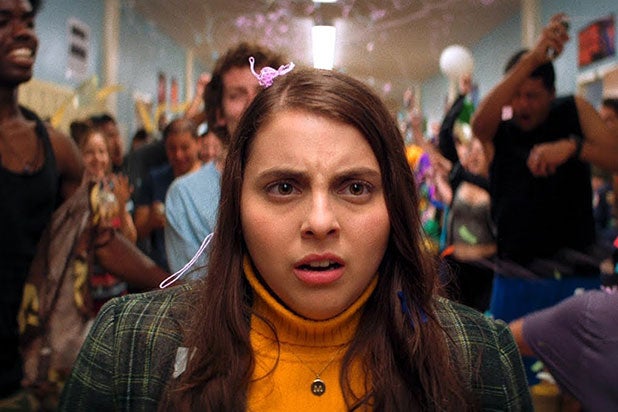
8. “Booksmart”
There have been many one-crazy-night movies about high-schoolers going wild, but none of them have been quite like this witty and empathetic coming-of-age tale, directed by first-timer Olivia Wilde and featuring indelibly funny performances from Beanie Feldstein and Kaitlyn Dever.
-
![]()
7. “3 Faces”
Still technically under house arrest and forbidden to make films, Iranian auteur Jafar Panahi nonetheless continues to craft powerful tales about lives lived in repression, like this story of a director and a well-known star (Panahi and Behnaz Jafari play versions of themselves) who travel to a rural community to track down a young actress they fear may have committed suicide.
-
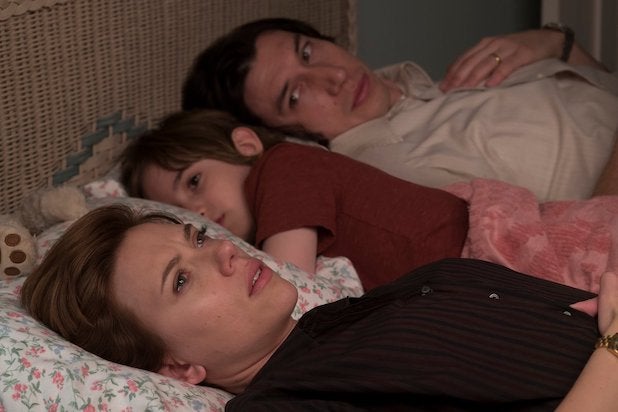
6. “Marriage Story”
Noah Baumbach’s scenes-from-a-divorce drama starring Adam Driver and Scarlett Johansson (both giving searing performances) was insightful, funny, poignant, powerful and devastating in ways that felt human-sized and relatable, even as they played out in the LA/NYC nexus of showbiz life.
-
![Diane Poster best narrative films of 2019 Diane Poster best narrative films of 2019]()
5. “Diane”
Legendary character actor (and writer and director and musician) Mary Kay Place makes the most of a rare starring role, giving an unforgettable performance as a woman grappling with regrets and responsibilities. Writer-director Kent Jones makes an auspicious debut with this ice-flecked, intuitive drama, but it’s Place’s show all the way.
-
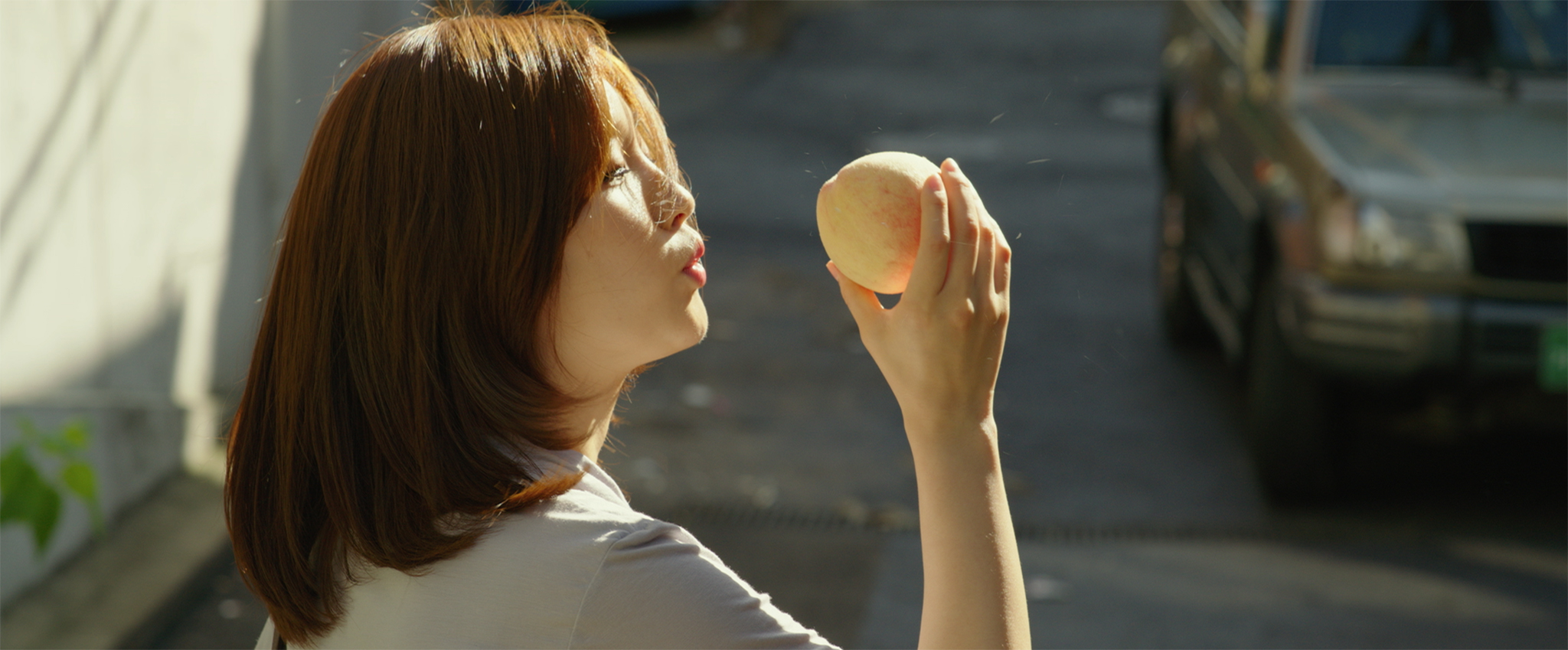
4. “Parasite”
Bong Joon Ho’s blistering examination of lives pushed to extremes in late-stage capitalism takes one unpredictable turn after another, but winds up placing viewers squarely in Where We All Live Now.
-
![Al Pacino Ice Cream Irishman Al Pacino Ice Cream Irishman]()
3. “The Irishman”
Martin Scorsese’s gangster sagas have always been stealth morality plays, in which the wages of sin are death or obsolescence, and he plunges into those ideas with this tale of a mob flunky (Robert De Niro is searing in the title role) who sacrifices his relationships (particularly with his daughter) for a warped sense of honor and duty.
-
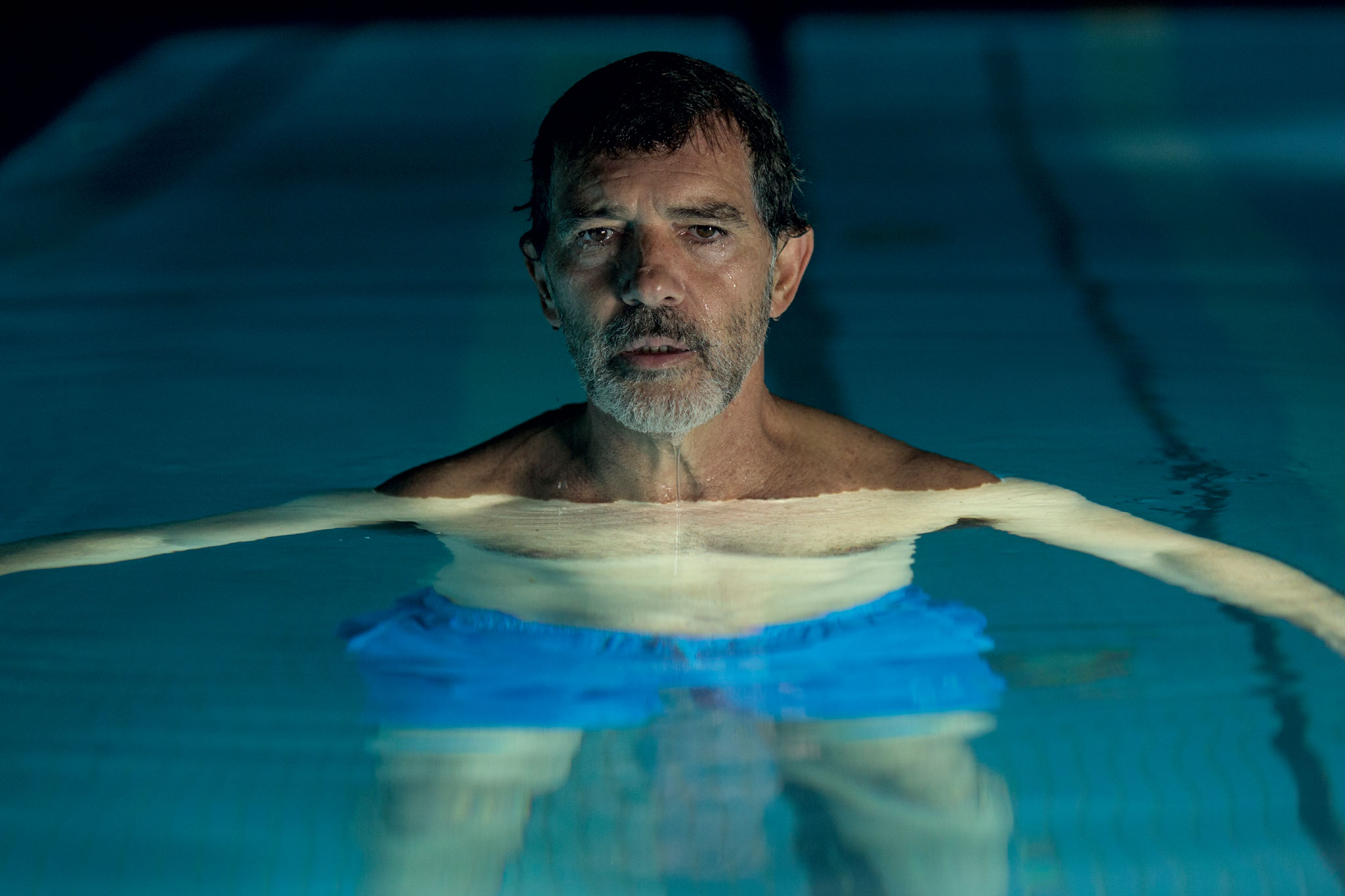
2. “Pain and Glory”
Visionary filmmaker Pedro Almodóvar looks inward at his own physical strife and fear of having to give up the work that he loves in this semi-autobiographical portrait of a director (Antonio Banderas, doing career-defining work) so hemmed in by physical, mental and emotional ailments that he’s unable to create.
-
![Florence Pugh, Little Women Florence Pugh, Little Women]()
1. “Little Women”
Writer-director Greta Gerwig goes deep into an oft-adapted chestnut of American literature and crafts a tale of art and obsession, love and family, resilience and determination and, yes, feminism, finding new avenues of expression and artistry within the pages of the Louisa May Alcott novel. It’s the kind of sweeping film experience that feels grandly traditional and breathlessly contemporary, all at the same time.
1 of 12
Decade in Review: “Marriage Story” and “Booksmart” rank among the year’s highlights
Between the internet and impeachment hearings, there were certainly plenty of reasons to stay home in 2019, but those who ventured out to movie theaters (and enough people are still doing that to keep the industry alive, if somewhat besieged) were rewarded with a fascinating array of work, even if some of those films were produced by and destined for one streaming service or another. And while #FilmTwitter might have argued over the effects of Netflix on the filmgoing experience, several observers noted that the back-and-forth discussions about “The Irishman” and “Marriage Story” meant that the service was doing a lot to put adult-aimed dramas in front of viewers and into the public discourse. (The taking of sides in the Martin Scorsese vs. Marvel conflict, alas, continues with no end in sight.)
Let’s block ads! (Why?)



